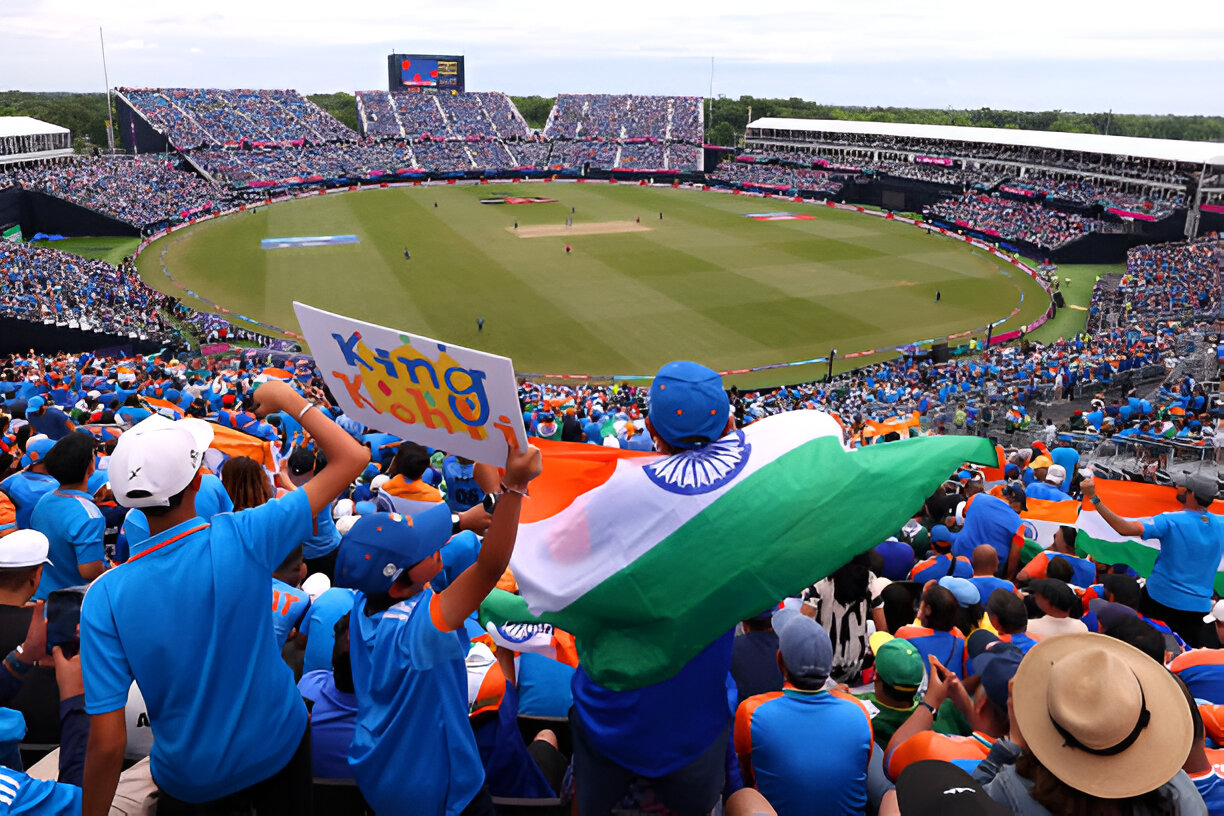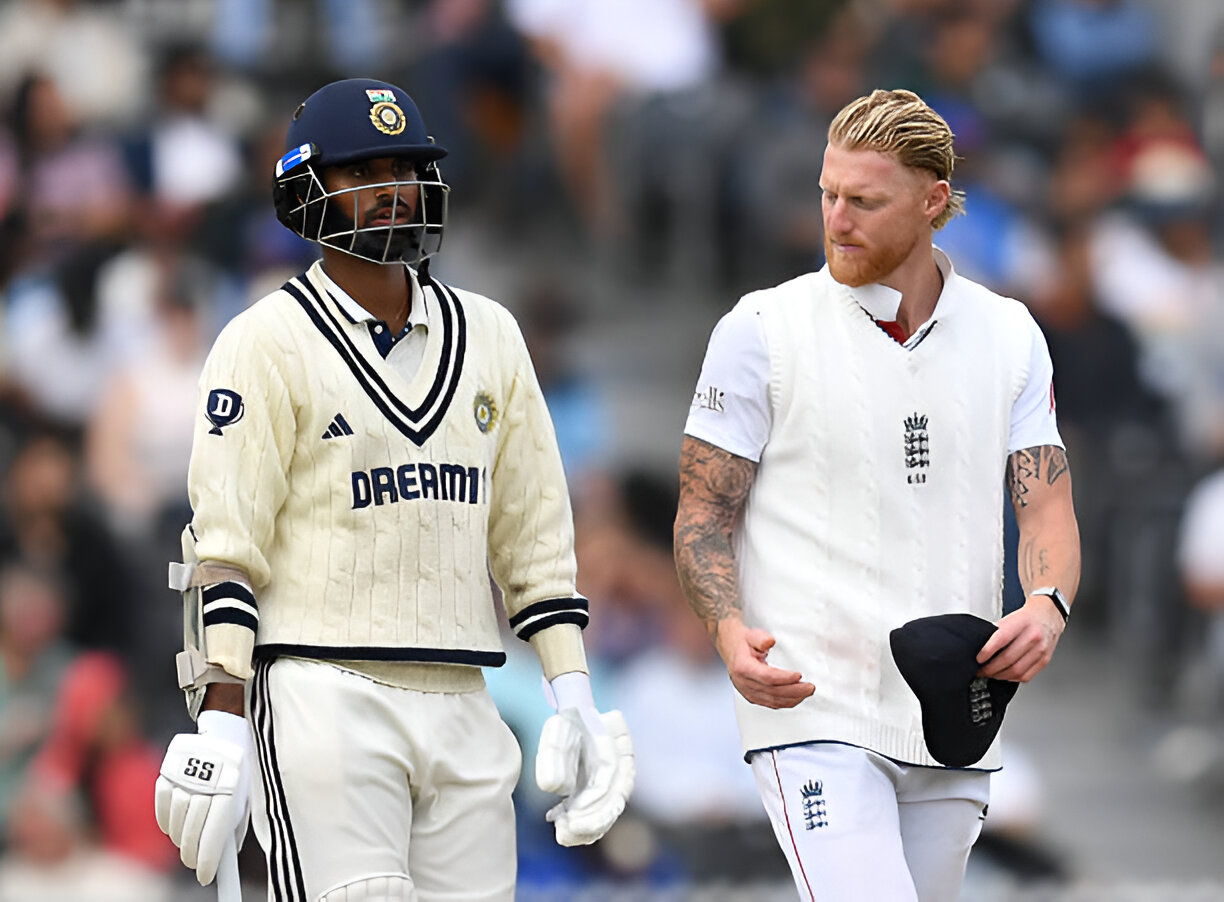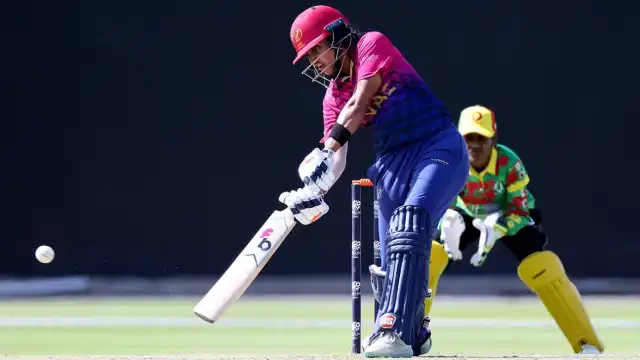Cricket is not just a game of talent; it’s a game of strategy, guidance, and vision. Behind every great team, there is often a coach who shapes the players, defines the strategies, and instills a winning mindset. Legendary coaches in cricket have left an indelible mark on the sport, turning talented players into champions and inspiring future generations.
In this blog, we explore the scope of cricket coaching, legendary figures, and their impact on the modern game.
1. The Role of a Cricket Coach
A cricket coach is more than just an instructor. Their responsibilities include:
- Skill development: Improving batting, bowling, and fielding techniques.
- Tactical planning: Analyzing opponents, pitch conditions, and match scenarios.
- Mental conditioning: Building resilience, confidence, and focus under pressure.
- Team management: Fostering unity, motivation, and discipline among players.
Great coaching often separates a good team from a great one, turning potential into performance.
2. Legendary Coaches Who Shaped Cricket
a) John Wright (India)
- Era: 2000–2005
- Impact: First foreign coach of India, helped build a team that became strong in both ODIs and Tests.
- Legacy: Focused on discipline, fielding standards, and mental toughness, paving the way for India’s future successes.
b) Gary Kirsten (India & South Africa)
- Era: 2004–2011 (India), earlier with South Africa
- Impact: Guided India to the 2011 World Cup victory.
- Legacy: Known for personalized coaching, emphasizing player confidence and match temperament.
c) Bob Woolmer (Pakistan)
- Era: 2004–2007
- Impact: Introduced innovative techniques and modern analytics to Pakistan cricket.
- Legacy: Advocated fitness, strategy, and psychological training, inspiring a new approach to coaching.
d) Dav Whatmore (Sri Lanka & Bangladesh)
- Impact: Led Sri Lanka to 1996 World Cup triumph and transformed Bangladesh into a competitive team.
- Legacy: Known for spotting talent, improving team strategy, and enhancing player skills.
e) Ricky Ponting & Justin Langer (Mentorship Roles)
- While Ponting and Langer are legendary players, their coaching and mentorship roles in Australia have helped maintain high standards in batting, fielding, and team culture.
3. Modern Coaching Trends
The scope of cricket coaching has evolved significantly in the 21st century:
- Data Analytics: Coaches now use ball-by-ball data, player metrics, and opposition analysis to plan matches.
- Sports Science: Fitness regimes, diet plans, and injury prevention strategies have become integral to coaching.
- Mental Conditioning: Sports psychologists are part of coaching teams, helping players handle pressure.
- Video Analysis: Technology allows coaches to analyze technique and improve player performance precisely.
These innovations have expanded the scope of cricket coaching, making it a blend of science, strategy, and mentorship.
4. Impact of Legendary Coaches on Players
Legendary coaches do more than teach—they shape cricketing careers:
- Confidence Building: Coaches like Gary Kirsten and John Wright instilled self-belief in young players like Virat Kohli and MS Dhoni.
- Skill Enhancement: Bob Woolmer and Dav Whatmore emphasized fielding, fitness, and adaptability.
- Tactical Acumen: Coaches teach players to read game situations, strategize, and make match-winning decisions.
- Leadership Development: Many captains attribute their decision-making skills and composure to their coaches’ guidance.
A strong coach ensures that players not only excel individually but also elevate the team’s overall performance.
5. Emerging Coaching Talent
Alongside legendary figures, the next generation of coaches is shaping cricket:
- Former players are becoming coaches, bringing recent experience and insights.
- Young coaches focus on analytics, technology integration, and personalized mentoring.
- Specialty coaches for bowling, batting, and fielding are now part of elite cricket teams.
This emerging talent ensures that cricket continues to evolve, and teams remain competitive on a global stage.
6. Global Scope of Cricket Coaching
The influence of coaching is not limited to traditional cricket powerhouses:
- Asia: India, Pakistan, and Sri Lanka produce coaches integrating modern strategies and analytics.
- Europe: Emerging nations like Ireland, Scotland, and Netherlands benefit from foreign coaches’ expertise.
- Oceania: Australia and New Zealand emphasize structured coaching systems that maintain their competitive edge.
- Africa & Americas: South Africa, USA, and West Indies are investing in coaching academies to nurture young talent.
The global spread of quality coaching expands cricket’s footprint, creating opportunities for new players and teams.
7. Conclusion: The Legacy of Legendary Coaches
Cricket coaches are the unsung heroes behind the game’s greatest moments. From John Wright’s disciplined approach to Gary Kirsten’s confidence-building methods, legendary coaches have transformed teams and inspired players to achieve greatness.
The scope of cricket coaching in 2025 and beyond continues to expand, incorporating data analytics, sports science, and psychological training. Emerging coaches and mentorship programs ensure that every nation has access to expert guidance, helping young players achieve their full potential.
For fans, the impact of a legendary coach is visible in tactical brilliance, match-winning performances, and championship victories. The legacy of these coaches is not just in trophies but in the culture of excellence and professionalism they instill in players.
As cricket grows globally, legendary coaching will remain a cornerstone, shaping the champions of today and the icons of tomorrow.




